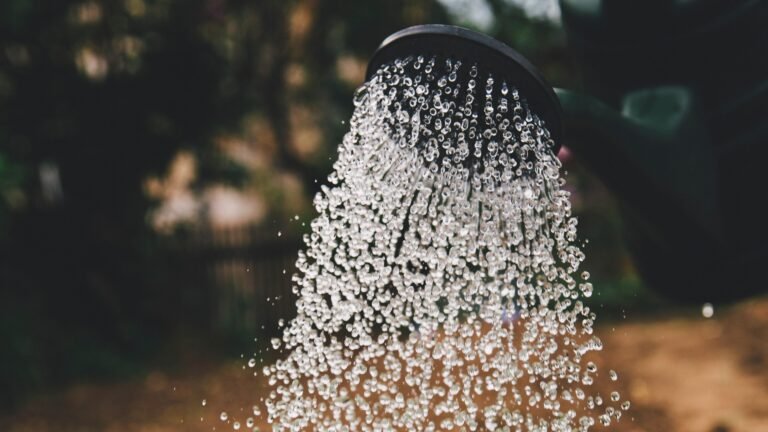71% of the Earth is covered by water. It makes up about 60% of our body. Water is one of the most abundant resources on the planet, while at the same time it is one of the most fragile. As we continue Earth Month, we’d like to focus on the element of Water and how we can all do a better job of protecting it.
What is Sally B’s doing to help Earth’s waterways?
-
We do not send toxic ingredients into our waterways. We ensure that our products that you send down the drain do not harm aquatic life or their ecosystems. Microbeads are a no-no here! We only use high quality, natural and organic ingredients from Earth that can be safely returned there.
-
We keep plastic out of water by using recyclable containers for the majority of our products and personally avoid buying plastic water bottles.
-
We use our brand as a platform to inform others about how to be careful how they use water and how they consume products that can be harmful to water, animals and people around the world.
- Recycling Program: As part of our commitment to managing and keeping our product containers out of landfills, we accept all used Sally B product containers that you have used. Whether you mail them back or drop them off at our store during business hours, we’ll send you a $5 gift certificate every time we get our clean, empty packaging back! To read more, visit the Recycling Program page on our website website here.
What are some of the biggest problems with water?
-
Globally, there is a shortage of safe water for everyone to drink and use for hand and body washing, food, clothing, homes, etc.
2.2 billion people do not have access to safe drinking water, while 3 billion – almost half the world’s population – lack access to basic handwashing facilities. While some of this is due to a lack of infrastructure, our water system is globally interconnected, meaning that water pollution and water waste anywhere pollutes water everywhere.
Consider supporting organizations whose mission is to solve water where you live. Some of our favorites include; Chattahoochee Riverkeeper in our state, along with national nonprofits like The Protection of Nature that help protect our rivers here. You can also reduce the amount of water your own family uses by installing water-efficient fixtures and appliances and offering incentives to everyone to reduce their showering.
-
Limited access to and quantity of safe water prevents women and children from education, empowerment, employment and fulfilling their potential
Women are disproportionately affected by the global water crisis, and every two minutes a child dies from a water-related disease. Learn more by visiting water.org. Teach your children about the scarcity of water in other places so they learn to be more careful about their own consumption. Even if you live in a place with clean and abundant water, your actions have consequences for everyone.
-
Ocean and river ecosystems are disrupted by toxic chemical releases into water
The release of toxic chemicals into our water sources in the US continues, although reduced amounts of nitrate compounds in products have helped significantly since 2008. Every day, we all passively introduce personal care product ingredients into our environment by washing our hands, face or our body.
Try to reduce your reliance on products that contain toxic chemicals. Read us “What is not in our products” blog and consult it EWG Consumer Guides to help you know which products to use and which to avoid when shopping for everything from skin care and makeup to household cleaning products.
-
Dangerous toxins enter our food chain because fish unwittingly eat them
Research shows that a bottle of facial cleanser could contain up to 300,000 plastic microbeads, which enter our waterways after being washed down the drain. Other chemical toxins leach into the remaining beads and fish mistake them for fish eggs, allowing dangerous toxins to enter our food chain. Avoid any cosmetic products with microbeads!
Our water problem took decades to create and will take just as long to solve. There is no magic bullet that can instantly give the world access to clean water or remove all microplastics from the ocean. But as the old saying goes, the only way to eat an elephant is one bite at a time. If we all participate in small ways, our small actions can work together to make a big difference!
